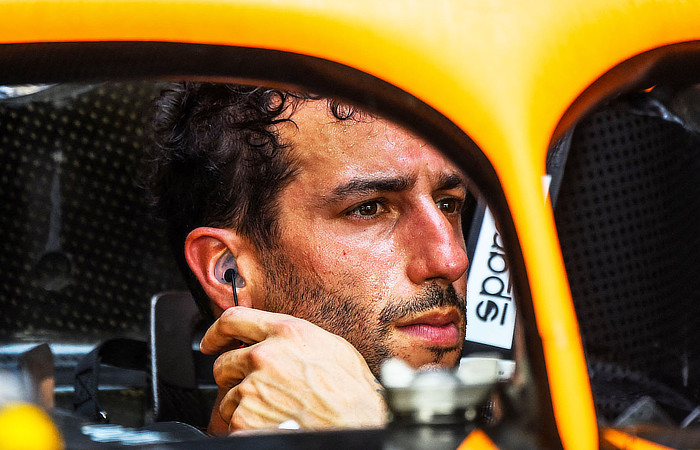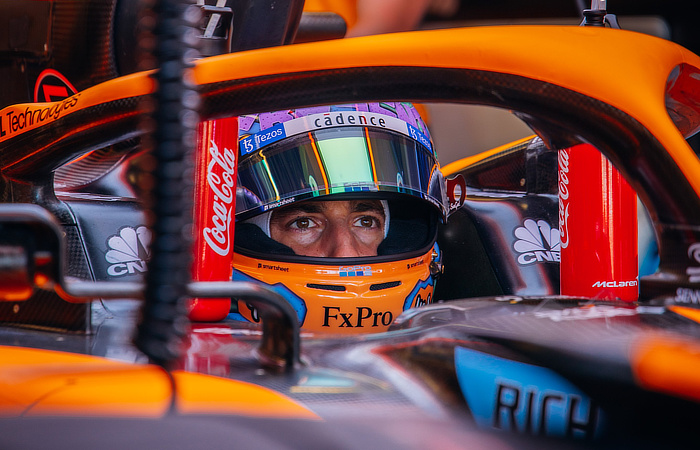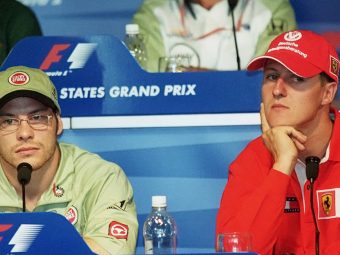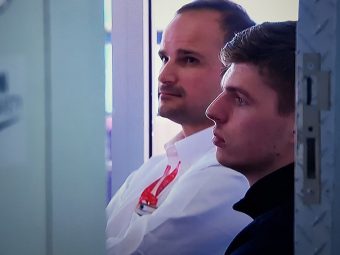The return of ground effect aerodynamics to Formula One has seen the rise of a little-known phenomenon known as porpoising. In layman’s terms, porpoising is essentially an F1 car bouncing over high-speed air. Add the suspension and reduced sidewalls of the new 2022 spec tyres and the bouncing is further amplified. With the latest computational power at their disposal and human brain power, one would expect Formula One is able to overcome the laws of physics that govern porpoising.
Red Bull appears to have not a single issue. Ferrari has minor porpoising issues but not enough to warrant concern. Mercedes F1 is the biggest loser with the new 2022 regulations and has significant issues with porpoising. While Mercedes is the 3rd best team on the grid they remain lightyears away from challenging the front row pack.
Mercedes has admitted to using a flexible floor, possibly to create an aerodynamic skirt that would significantly improve cornering performance by order of magnitude over rivals teams. Clearly, the direction Mercedes has taken has failed.
The only way to reduce porpoising is to increase the ride height, but that would significantly reduce performance. Trying to lobby the FIA to change the regulations that were agreed upon and ratified years ago is desperation from Mercedes. At the Azerbaijan Grand Prix Lewis Hamilton’s discomfort after 53 laps of porpoising was clear to see.
The effects of porpoising have now become a health issue with many drivers speaking out about long-term side-effects. Daniel Ricciardo is one such driver, during a media interview Ricciardo explained his concerns:

“While drivers can macho it if you want it’s one of those ones where we don’t want to be naive or ignorant and just tough it out when there could be some kind of long-term damage.”
“So, it’s not a normal thing, and I think also the frequency, this kind of shaking of the brain and the spine, I don’t think it’s good long-term.”
“Obviously, like the compression, you are sore and you feel like you are kind of getting squeezed, so it’s not good.”
“I’m, like, stiff now and painful, but also like getting out of the car – and I’m not exaggerating – I just felt, like, shook, so just, like, a bit rattled.”








